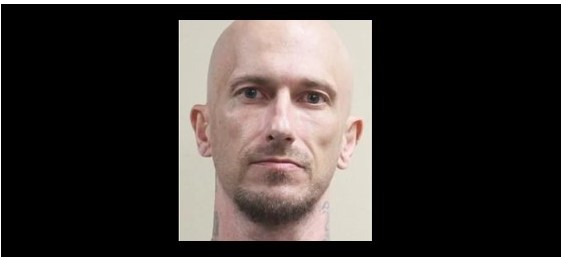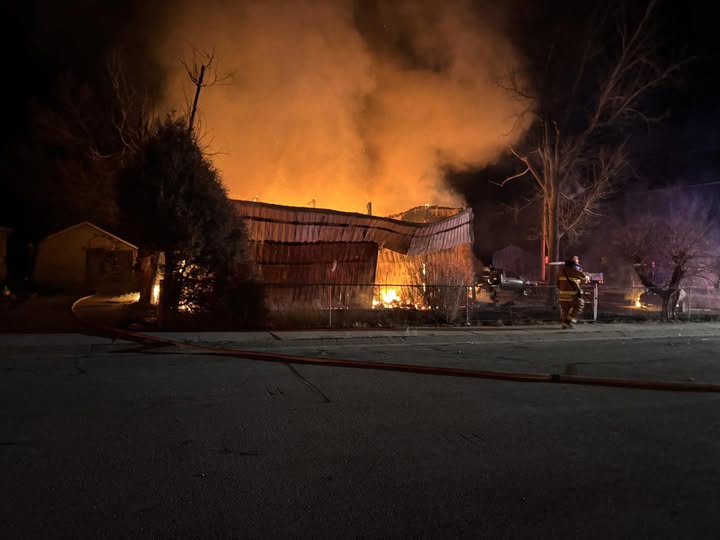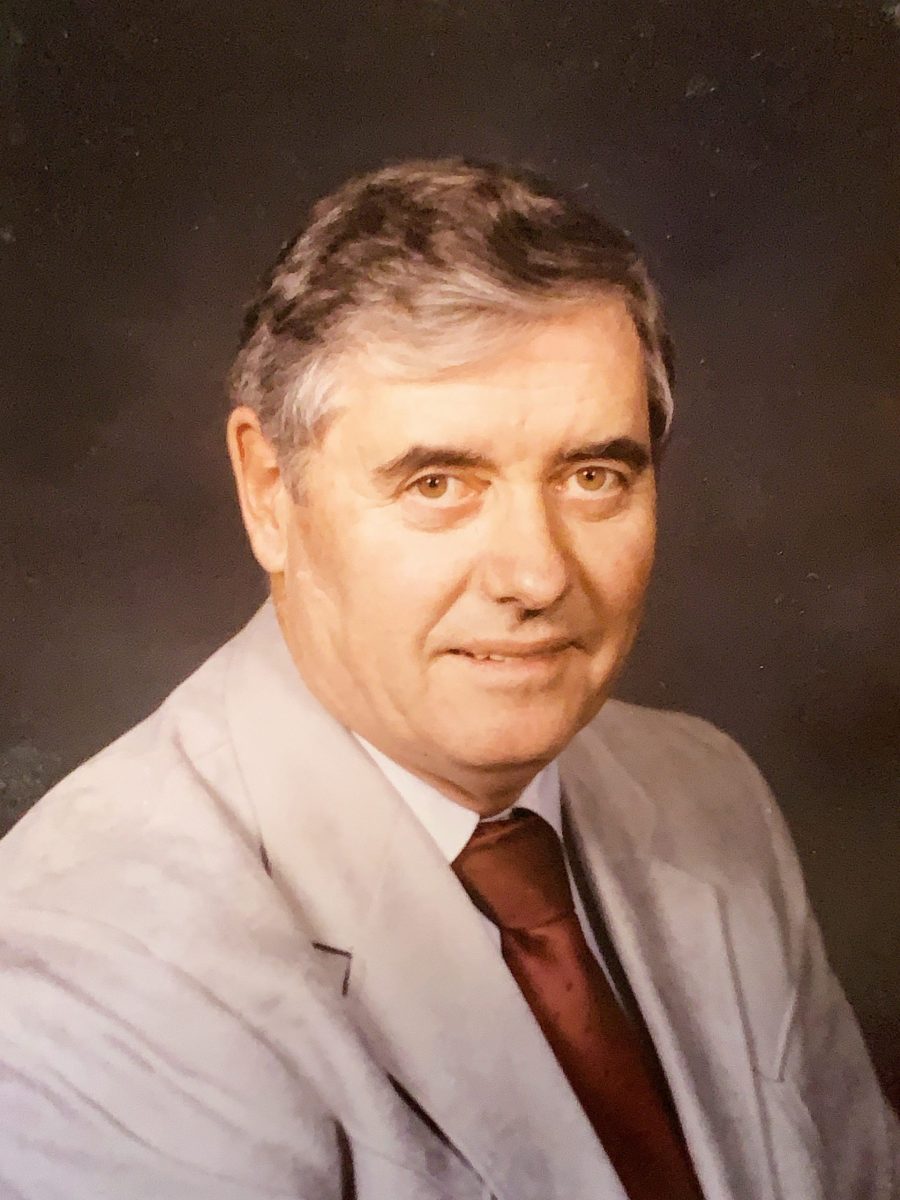WATERTOWN, S.D. – It’s taken years, but the trial in the death of a South Dakota woman is finally underway at the Codington County Courthouse.
Jeremiah Peacemaker is accused of killing Kendra Owen in the 300 block of North Broadway in Watertown in August of 2020, almost three and a half years ago. Owen’s decapitated body wasn’t found until Sept. 2 of that year, and she had been dead for around nine days according to law enforcement.
Peacemaker is charged with one count of First-Degree Murder.
South Dakota Attorney General Marty Jackley is personally trying the case on behalf of the state. In his opening statement Monday, Jackley said forensic evidence and testimony puts Peacemaker as the last person to see Owen alive.
“This morning, the jury heard opening statements from both myself and the defense. Then the jury began hearing lay witness testimony, as well as the initial law enforcement officers that were at the scene when first called,” Jackley said.
The defense opened its case by questioning the investigation of evidence collected at the scene, and said a lack of follow-up by investigators still leaves questions as to who saw Kendra that night.
Four witnesses opened Monday’s testimony: Owen’s grandmother, the social worker who found Kendra’s body, the first Watertown police officer on the scene, and a former South Dakota DCI agent involved with the investigation.
The jury in the case was also shown photos from Owen’s apartment, including her body and head propped up on her bed.
Much of the testimony focused on a tube of toothpaste found in the bathroom, covered in Owen’s blood, but what the state argued is also a fingerprint belonging to Peacemaker. The state also argued a video outside of a Watertown bar that night shows Owen and Peacemaker going back to her apartment.
The defense focused its discussion on how that social worker got into Owen’s apartment, trying four times over two days to contact her, before claiming that the door was unlocked on the fourth try, and an AC unit that had been running was shut off. Its argument was that Peacemaker couldn’t have been the last person to see Owen if things at her apartment had been changed.
Jackley said that while it will be grueling for people to sit through and listen to the details of this case, it’s important so that Owen’s family will have justice.
“When you have a situation where you have eight or nine days go by, the decomposition makes it challenging. There will be videos shown, as I indicated in an opening statement here this afternoon, which is a greater appreciation for me and I think all of the lawyers, of the difficult job of a jury, especially in a First-Degree Murder case of this nature,” Jackley said.
With the amount of evidence to go through and witnesses yet to testify, Jackley estimated that the trial will take around two weeks before a verdict can be reached.











